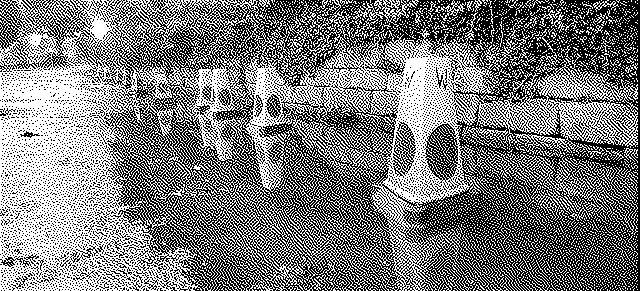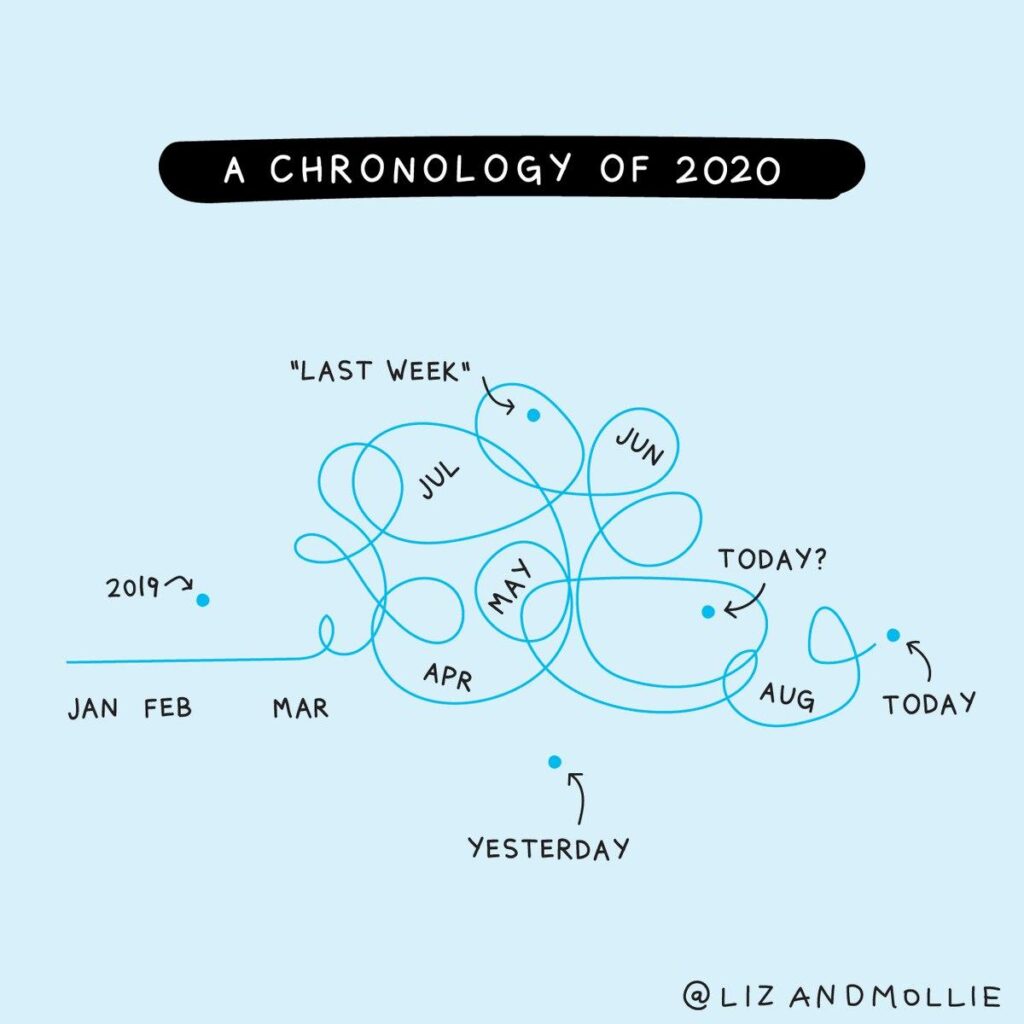Weeknote 41/2020

This week has been much like last week — busy, somewhat fraught, and involving lots of thinking about the future. It’s been typical autumn weather, with bright sunshine one moment and a torrential downpour the next!
I applied for a role at the Wikimedia Foundation entitled Director of Product, Anti-Disinformation after a few people I know and respect said that they thought I’d be a good fit:
The Wikimedia Foundation is looking for a Director of Product Management to design and implement our anti-disinformation program. This unique position will have a global impact on preventing Disinformation through Wikipedia and our other Wikimedia projects. You will gain a deep understanding of the ways in which our communities have fought disinformation for the last two decades and how this content is used globally. You will work cross-functionality with Legal, Security, Research and other teams at the Foundation and imagine and design solutions that enable our communities to achieve our Vision: a world in which every single human being can freely share in the sum of all knowledge.
As a result, I ended up writing about my issues with Twitter’s attempts at anti-disinformation in the run-up to the US Presidential election.
On Friday evening, a recruiter for a different global product director role got in touch seemingly slightly baffled that I’d applied for it, given my career history and credentials. I suppose it’s easy to undervalue yourself when various people chip away at your self worth over a period of months during a pandemic.
I’m very much enjoying working with Outlandish at the moment. It’s particularly nice to work alongside people who not only work openly and co-operatively, but are genuinely interested in improving communication, trust, and empathy within their organisation.
During October, due to my commitment to a four week Catalyst-funded discovery programme with nine charities, I’m only working with Outlandish the equivalent of one day per week. However, from November to January, I’ll be spending half of my week (2.5 days) divided between two things:
- Helping them productise existing projects, and training/supporting new ‘product managers’ (although that role will look slightly different initially)
- Working on helping them expand their ‘Building OUT’ programme which stands for Openness, Understanding, and Trust.
One of Outlandish’s values is that they are ‘doers’, meaning that the space between verbally proposing something, gaining the consent of colleagues, and getting on with it is really short. It’s so refreshing, and meant that on Friday I was able to publish the MVP of a playbook using existing Building OUT-related resources.
On Thought Shrapnel this week I published:
- At times, our strengths propel us so far forward we can no longer endure our weaknesses and perish from them
- Reducing exam stress by removing pointless exams
- The clever man often worries; the loyal person is often overworked
Here, I published:
- The problems with Twitter’s attempts at anti-disinformation in the run-up to the US Presidential election
- Learning through frustration
Other than the above, I’ve been making final preparations for a milestone birthday for my wife, Hannah, next week. I’ll reach the same age as her in a couple of months’ time, so at the start of 2020 we’d begun to draw up plans to celebrate both birthdays. Those plans went out of the window due to COVID-19, so I’m trying to make the day as nice as possible, with an eye on a belated celebration later.
Image of traffic cones in large puddle at Morpeth, UK.

